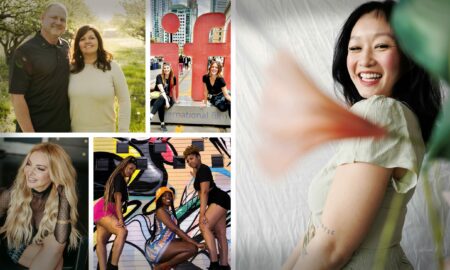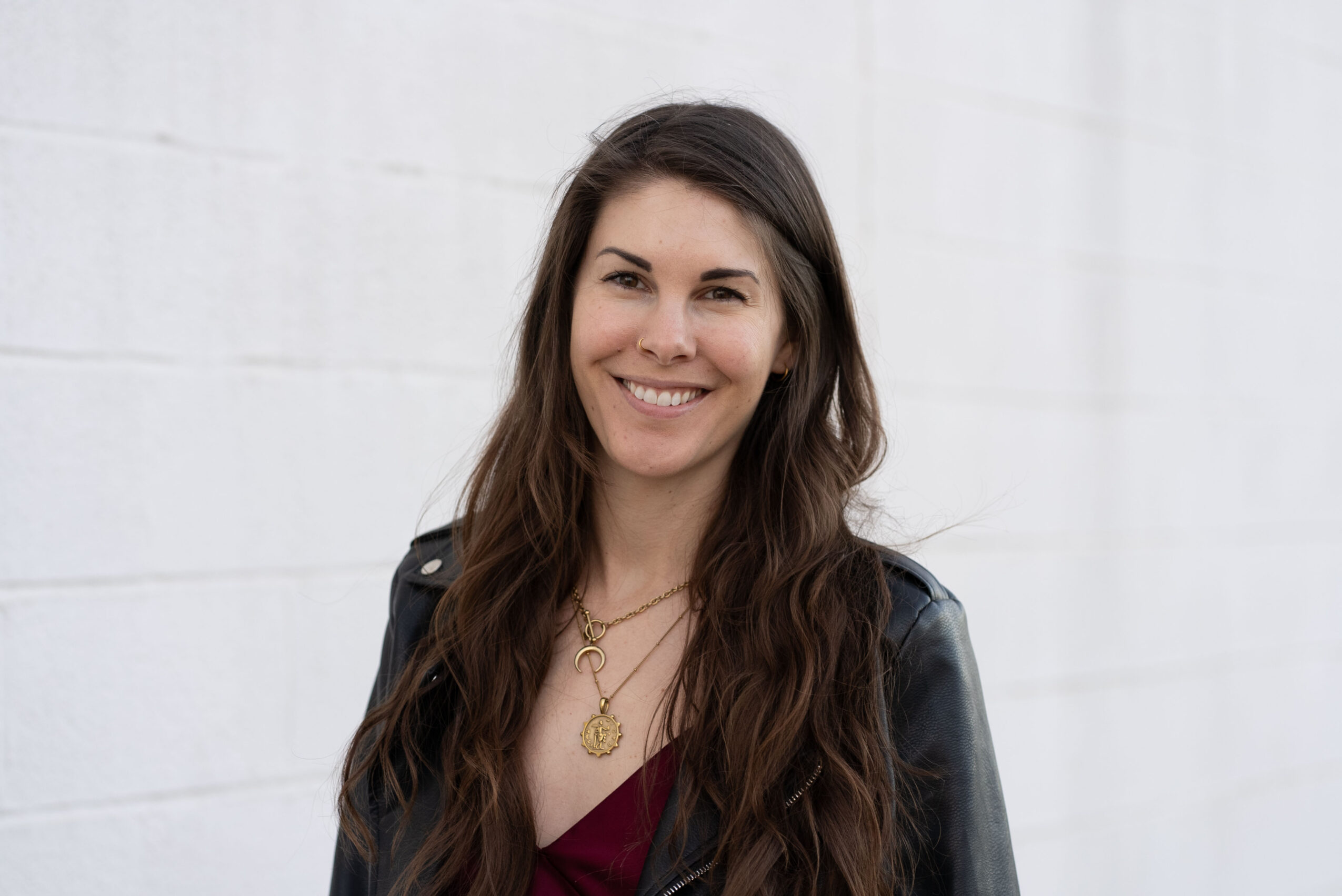

Christina Carlson shared their story and experiences with us recently and you can find our conversation below.
Good morning Christina, it’s such a great way to kick off the day – I think our readers will love hearing your stories, experiences and about how you think about life and work. Let’s jump right in? What are you being called to do now, that you may have been afraid of before?
I’m beginning graduate school this October, pursuing a Master of Science in Clinical Mental Health Counseling through Capella University. For the past five years I’ve been working with people in the mental health space through coaching, but I realized that to fully meet my goals — and to support my clients’ needs more effectively — I need deeper clinical training.
People are often surprised to hear this, but I didn’t grow up with much confidence in myself academically. I had undiagnosed ADHD and was only ever deeply interested in people — how we feel, how we see the world, and how we relate to one another. Those things rarely showed up in the curriculum I was given. I grew up in a small private Christian high school and then attended Bible college, where I explored people through the lens of Christian spirituality. Eventually, I left Christianity as a framework and religion for many reasons — one being that it felt too narrow to contain the complexity of how humans move through the world.
Returning to school has been both humbling and transformative. Earning my BS in Psychology this June, and now stepping into my Master’s program, has required me to confront an old narrative — that I wasn’t “good” at school. It’s been a mindset shift: facing fears of not being enough academically while also discovering that when I care about a subject, I throw myself into it fully.
Pursuing a higher degree in psychology and counseling has not only built my confidence but also deepened my sense of calling. My motivation has always been to go to the depths of human experience and emotion — both my own and others’ — for the sake of healing and to help people feel less alone. My specific goal is to support individuals working through religious trauma, as that’s a path I know personally.
Can you briefly introduce yourself and share what makes you or your brand unique?
I would say I’m a spiritually integrated, trauma-informed life coach and future clinical mental health counselor. For the past five years, I’ve supported people — many of them queer, neurodivergent, or recovering from religious trauma — in rebuilding self-trust after systems of shame and perfectionism taught them to disconnect from themselves.
What makes my work unique is that it’s rooted in presence, not performance. I don’t approach people as problems to fix (most of us get enough of that from every where else in our lives), Instead, I hold slow, steady, relational spaces where clients feel safe enough to listen to their own nervous system, test new ways of being, and rediscover their innate humanity. My coaching blends psychology, spirituality, and somatic awareness in a way that honors the whole person — body, mind, and spirit — and helps them come home to themselves.
My story is part of why I do this work. I grew up in an extreme religious environment, left it, and had to confront the old narrative that I wasn’t “good” at school or capable enough. Returning to earn my BS in Psychology this year, and now beginning my Master of Science in Clinical Mental Health Counseling, has been both humbling and confidence-building. It’s shown me that when I care about something deeply, I go all in — and for me, that something is guiding people through healing and transformation.
Right now, my work focuses on creating accessible, sliding-scale coaching spaces, and I’m building toward integrating my counseling training into future offerings. At the heart of it all is this belief: healing doesn’t come from forcing ourselves into someone else’s mold. It comes from trust, compassion, and remembering that we are already whole — just waiting for space to belong to ourselves again.
Amazing, so let’s take a moment to go back in time. Who saw you clearly before you could see yourself?
My siblings have always been people who see me. We aren’t triplets, but we get asked often if we are. When I think about my life as a whole, spanning its entirety, their love for me and how they have seen me through all my ups and downs gives me strength. I grew up without a lot of money. My family relied on WIC for food, and creativity and gumption to make things work. But when it comes to relationships, my siblings have always made me feel wealthy, like I had and have something rich and deep that everyone wants and deserves.
I remember my brother waking me in the middle of the night in high school to watch a lightning storm, my sister bringing me blueberries when I cried over a breakup, holding each other as we cried. I am who I am because of the love of these two. Their love for me is extraordinary. I like to think that I chose to come into this life and this family specifically because I knew having these two would bring me joy and support. No matter what happens, I have my village.
Was there ever a time you almost gave up?
I’ve given up many times — and I’ve also come back. For me, letting myself step away when I felt overwhelmed has actually been a gift, because it showed me what’s worth returning to. Every time I’ve come back, it’s been to the same thread: my deep interest in people, healing, and how we move through the world.
So when it came time to go back to school for my Master’s in Counseling, I had no doubt. I’ve returned to this path over and over again, and that clarity told me it was the right one. Allowing myself to quit gave me the space to see that I’m in this for the long haul — not out of pressure, but because it’s where I truly belong.
So a lot of these questions go deep, but if you are open to it, we’ve got a few more questions that we’d love to get your take on. Is the public version of you the real you?
Yes, totally — the public version of me is the real me. I’m not great at filtering who I am, and I don’t really put on a front. I may choose to keep certain things private, but how I present and how I’m feeling will always show up no matter where I am. I’m the same person at home, online, or anywhere else.
Before we go, we’d love to hear your thoughts on some longer-run, legacy type questions. What is the story you hope people tell about you when you’re gone?
This question strikes a deep chord with me. Growing up in fundamentalist religion, I didn’t picture myself living very long. I was taught to expect martyrdom, like the missionary heroes I admired, so I didn’t imagine a future or a legacy of my own choosing.
It’s only more recently that I’ve allowed myself to see a future — and with it, the possibility of shaping the story I leave behind. What I hope people remember is how much they felt loved and seen when they were with me. I want my life and words to have inspired more compassion and humanity, so that when people talk about me after I’m gone, they carry forward a sense of being held and reminded of how much they matter.
Contact Info:
- Website: https://www.christinacarlsonlifecoaching.com/
- Instagram: https://www.instagram.com/christinacarlsonlifecoach/
- Linkedin: www.linkedin.com/in/ LifecoachingwithChristina


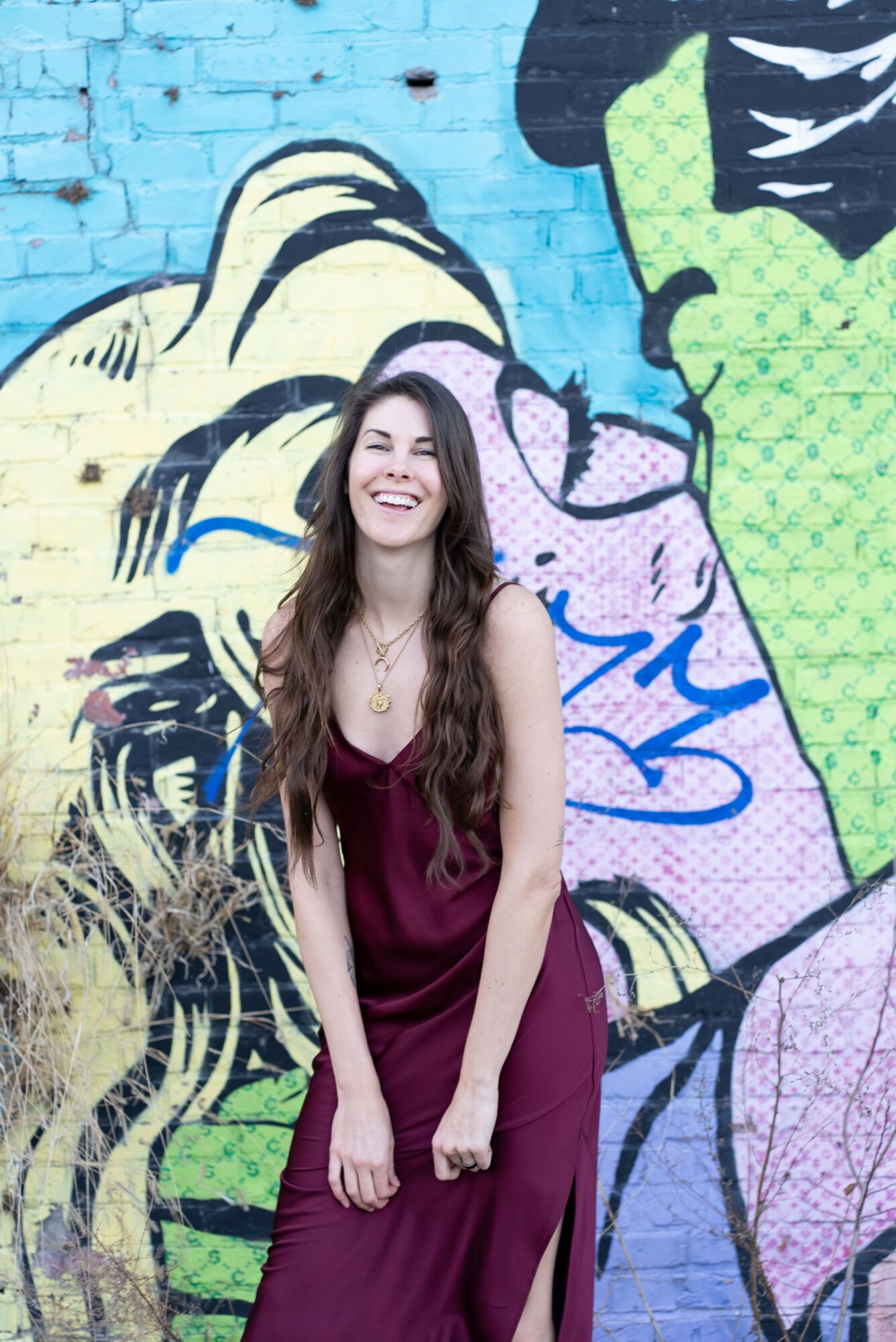
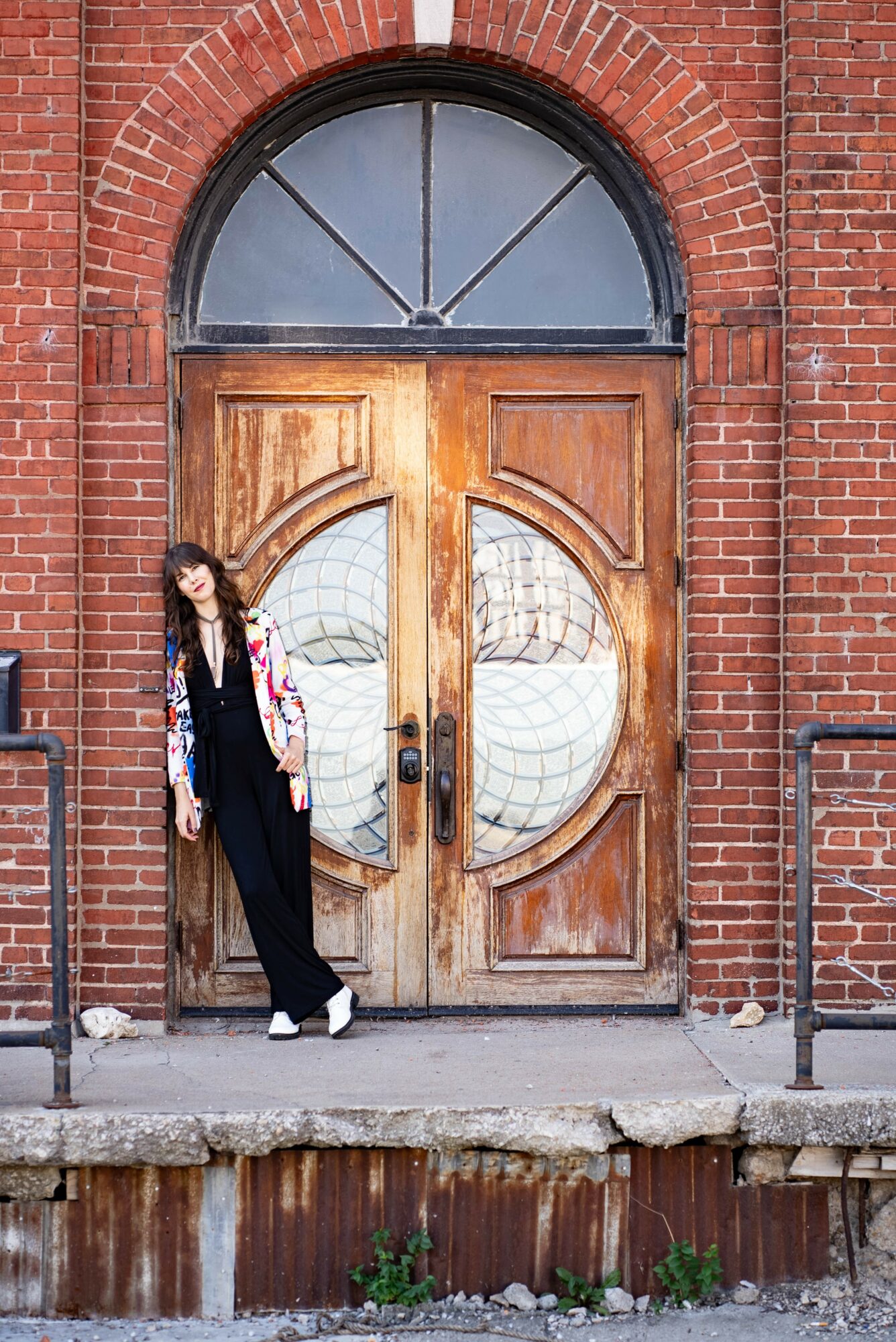
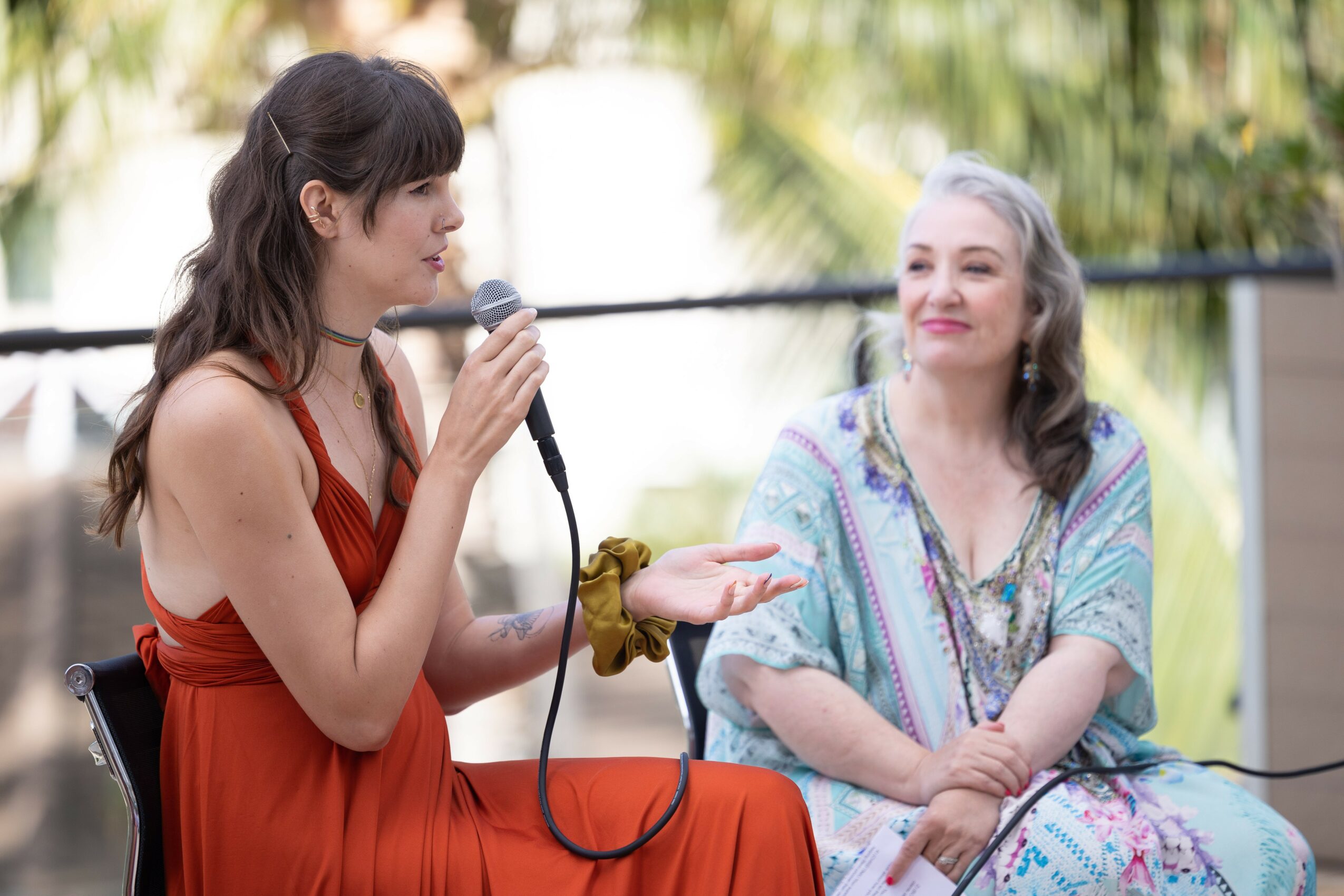
Image Credits
Carlson Home Photography, James Ramos Photography

